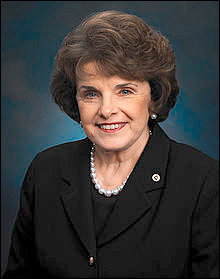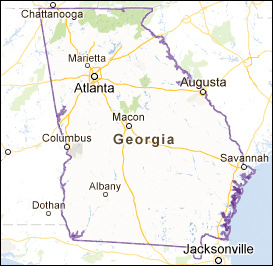By Jim Ellis
July 31, 2018 — Last week, University of Virginia professor Larry Sabato released his latest “Crystal Ball” ratings of the current US House races and declared that the Democrats are a “soft favorite” to assume the majority in the coming November elections. There’s more to the story, however.Dr. Sabato supports his claim for several basic reasons. First, he sites the historic trends that a new president’s party loses seats in the first midterm election, and traces this electoral pattern all the way back to the Civil War era. Second, he turns to the typical polling regularly released that places President Trump’s approval ratings in what he terms “the low 40s”, and includes the generic House ratings, along with the “enthusiasm” analysis. Third, is the Democrats’ record in the current cycle’s federal and state special elections, and fourth is their second quarter fundraising “advantage.”
There are counter arguments that need mentioning for each of these points.
It is questionable to compare electoral trends developed during the 1800s to the elections of today because the world has changed so much. Bringing the analysis to at least the 20th Century and looking just at the post-World War II patterns (from President Harry Truman, inclusive, to today), we find that the average seat loss in the House during a new president’s first midterm is 26 seats. But, this average combines the six Democratic presidents losing 32 seats, and the five Republicans’ dropping 15 districts. Just three elections, 1966 (Johnson; -47 seats), 1994 (Clinton; -54), and 2010 (Obama; -63) have substantially upped the overall average.







